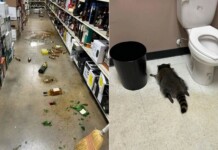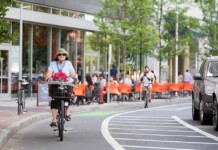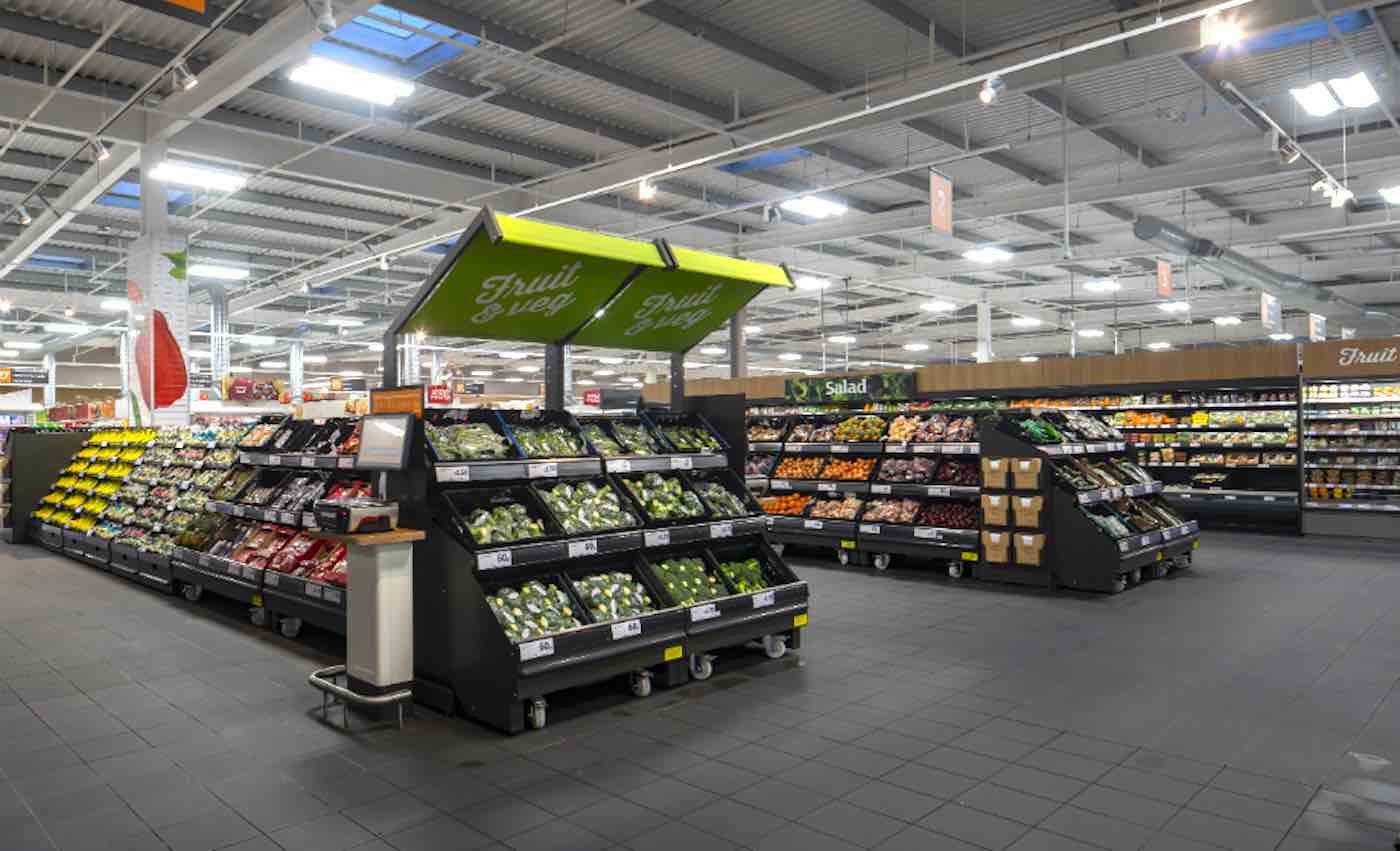This week the third largest chain of supermarkets in the United Kingdom has committed to cutting a further 1,284 tons of plastic from their supply chain over the course of the next year, including plastic cutlery, bags, lids, and trays.
Sainsbury’s will start by removing 489 tonnes’ worth of plastic bags, which are currently used for loose fruit, vegetables and bakery items. Customers buying loose fruit and vegetables will either be able to bring their own bags or buy a re-usable bag made from recycled materials. Paper bags will be available to customers for loose bakery items.
The company has previously implemented measures that are already leading to a reduction of 8,101 tonnes of non-recyclable plastic and “virgin plastic” every year. Its latest efforts bring this total to over 10,000 tonnes. This is in addition to its commitments to ensure all plastic packaging is reusable, recyclable or compostable by 2025.
LOOK: Supermarket Uses Banana Leaves to Replace Plastic Produce Packaging
Plastic cutlery will be removed from all their over 1,400 stores as well as plastic trays for asparagus and sweetcorn; plastic cream pot lids; plastic tomato and carrot trays; and plastic sleeves from herb pots.
The company has also committed to replacing their black plastic trays; plastic fruit and vegetable film; PVC and polystyrene trays; and plastic egg trays with recyclable alternatives.
Sainsbury’s CEO Mike Coupe said: “We are absolutely committed to reducing unnecessary plastic packaging in Sainsbury’s stores. Our customers expect us to be leading the way on major issues like this, so I am determined to remove and replace plastic packaging where we can and offer alternatives to plastic where packaging is still required to protect a product.”
CHECK OUT: America’s Largest Grocery Store Chain is Saying Goodbye to Single-Use Plastic Bags
They will also end the use of dark colored plastics (which are difficult to recycle) across fresh foods by the end of 2019 and entirely by March 2020, replacing them with recyclable alternatives by the end of the year.
Be Sure And Share The Good News With Your Friends On Social Media…





















Back when stores went from paper to plastic bags, it was to “save trees,” even though the wood pulp came from tree farms. Everyone knew that, along with the fact that plastic was not biodegradable and used petroleum in its manufacture. These were not unintended consequences; they were politically-driven choices. So here we are today, come full circle – as always eventually happens when stupid decisions are made. I’m guessing we have Jimmy Carter to thank.